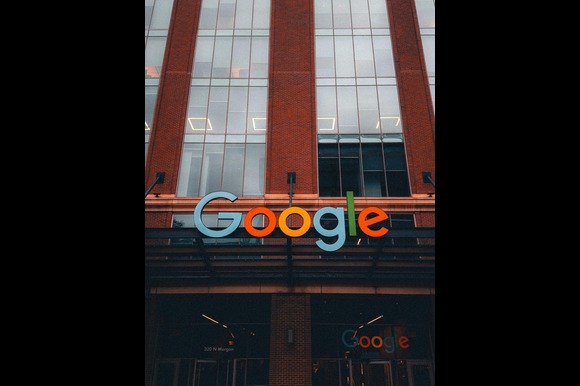Alphabet unit Google’s decision to deny access to its Android Auto platform for an e-mobility application developed by Enel has been deemed an abuse of market power by Europe’s highest court, which ruled in favor of Italy’s antitrust authority on Tuesday.
In 2021, the Italian regulatory body imposed a fine of 102 million euros ($106.7 million) on Google for obstructing Enel’s JuicePass from functioning on Android Auto, a software that enables drivers to utilize navigation maps and send messages while driving. Google had previously cited security issues and the lack of a specific template as reasons for its refusal to make JuicePass compatible with Android Auto. This decision was contested by Google at the Italian Council of State, which then sought clarification from the Luxembourg-based Court of Justice of the European Union (CJEU).
Although Google has since addressed the matter, the ruling may serve as a precedent for how dominant companies handle similar circumstances in the future.
The judges of the CJEU supported the position of the Italian regulator.
A refusal by a company in a dominant market position to make its platform interoperable with an application from another company, thereby enhancing its attractiveness, may be deemed abusive, according to the court’s statement.
Nevertheless, the court clarified that companies may defend their refusal if there is no established standard for the relevant category of applications, and if granting interoperability would jeopardize the security or integrity of the platform.
In the absence of such circumstances, the dominant company is required to create a standard within a reasonable timeframe, as stated by the court.
Google has indicated that it has now implemented the feature requested by Enel; however, at the time of the request, it was applicable to only 0.04% of vehicles in Italy.
“We focus on developing the features that drivers need most, as we believe that innovation should be guided by user demand rather than the requests of specific companies,” a spokesperson for Google remarked.
The ruling is conclusive and not subject to appeal. The Italian Council of State is now tasked with adjudicating Google’s appeal in line with the judgment from the Court of Justice of the European Union.
The case is identified as C-233/23 Alphabet and Others.






